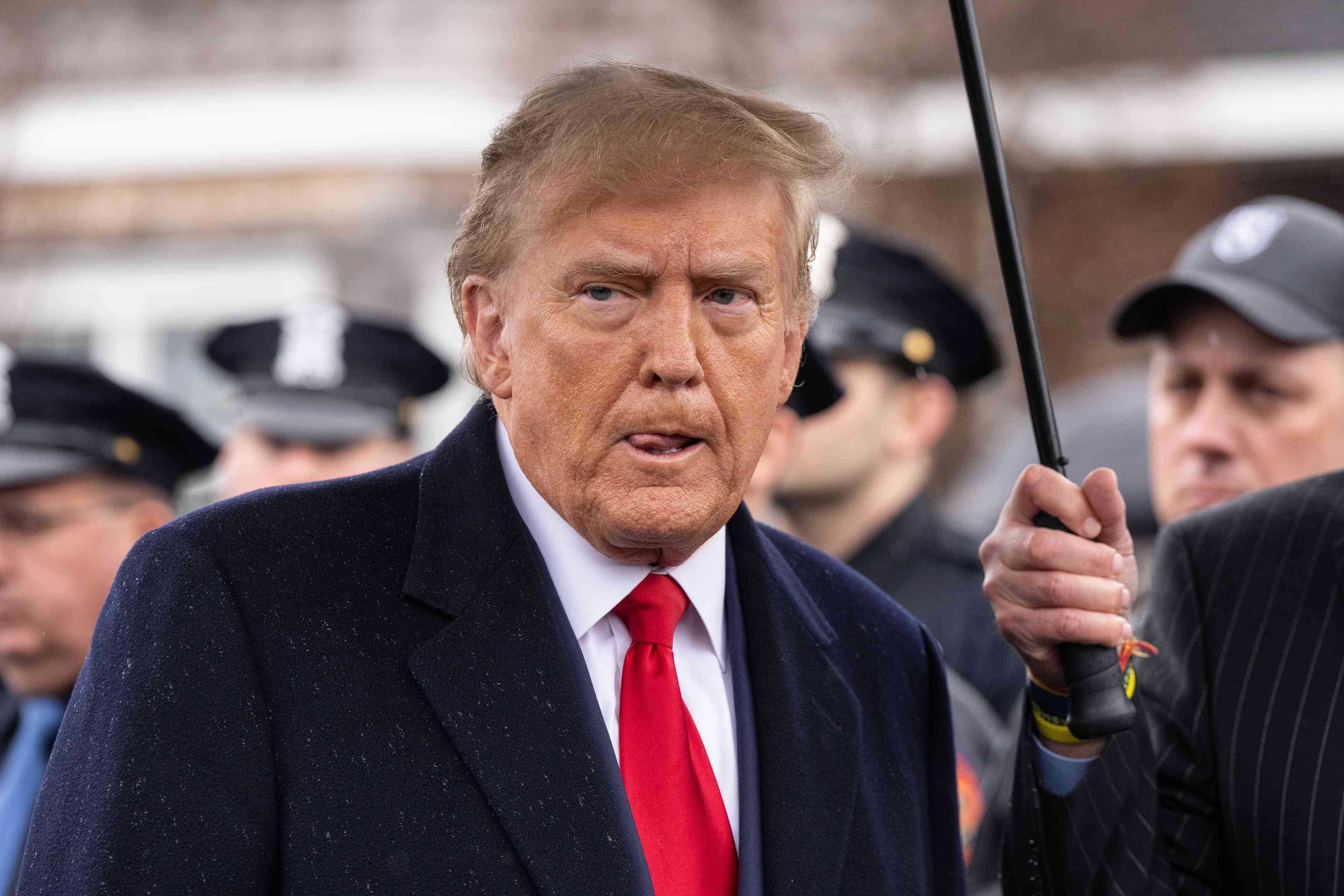Don't Anger Half the Country, Israel
Public prayers for Trump are dangerous for Israel
While they look good on the evening news or on social media, open public prayers for Trump can and probably will backfire on Israel, no matter who wins.

In recent days, we have witnessed right-wingers in Israel praying for the success of U.S. presidential candidate Donald Trump. This stunt might have been charming - if it didn’t actually harm Israel-U.S. relations.
When council leaders in Judea and Samaria—members of the Likud party—hold a prayer session for Trump, it’s not only a matter of faith, it’s a step toward a potential diplomatic crisis. A state simply cannot interfere in the electoral process of another country, especially when it involves the world’s most powerful nation. Such a move borders on folly and risking disaster.
In the 2020 elections, similar prayers, even those held at the Cave of the Patriarchs, didn’t help. In the end, Trump was not re-elected. Beyond the theological debate about the power of prayer, what impression does it leave on the actual victor, Joe Biden, regarding settlers who sought, yearned, and even invoked divine intervention to elect his rival?
Prime Minister Netanyahu and most other government ministers strive to avoid taking a public stance in the U.S. elections (although, one could speculate about their preference for the Oval Office in January). This neutrality leaves a vacuum that’s quickly filled by grassroots activists, Likud and Religious Zionist supporters, council leaders, and publicity-seeking figures hoping to cash in on the buzz.
Ultimately, we end up with American media portraying a group of Jews praying for Trump. If Harris wins, it will become a visual indictment against the Israelis who opposed her. Even if Trump wins, any pro-Israel move will be overshadowed by the perceived “debt” he owes to Israelis, while any anti-Israel decision would make a mockery of the naive Israelis who prayed for him and see this as his payback.
It has often been said that Israel lacks a true foreign policy and instead focuses solely on domestic issues. Yet now, it seems we’ve reached a point where some prioritize five minutes of fame on the evening news, unable to see beyond a few likes on social media and failing to recognize the potential damage to the state.
Stay Connected With Us
Follow our social channels for breaking news, exclusive content, and real-time updates.
WhatsApp Updates
Join our news group for instant updates
Follow on X (Twitter)
@jfeedenglish
Never miss a story - follow us on your preferred platform!